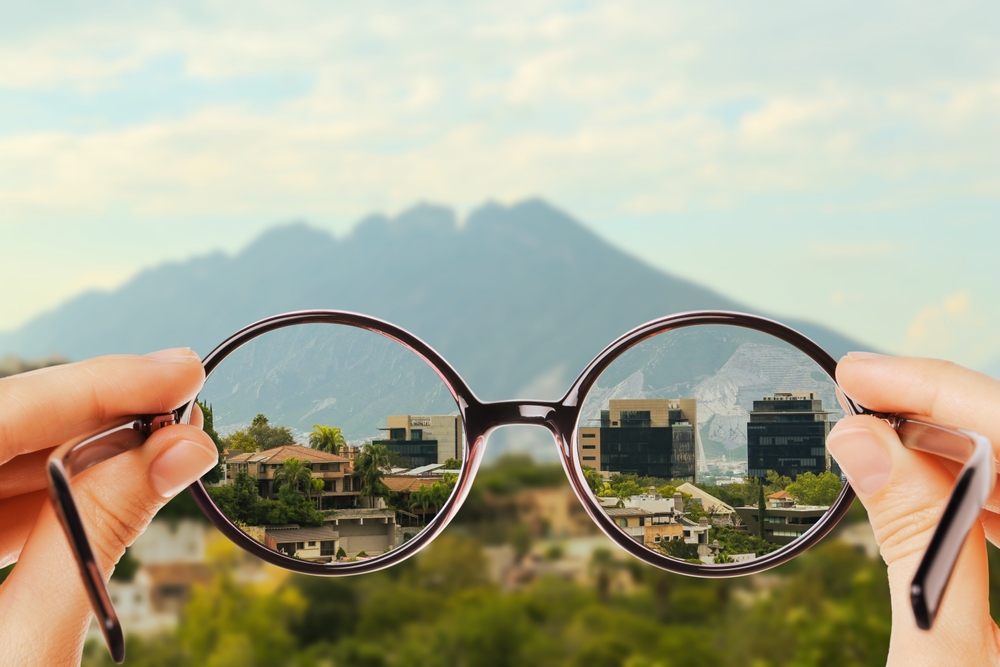
Myopia is a common vision condition that affects the ability to see distant objects clearly. It is a growing concern, especially among children, with studies showing a significant increase in its prevalence worldwide. In fact, the World Health Organization estimates that by 2050, nearly 50% of the global population will be affected by myopia.
As a parent, it's important to understand the impact of myopia on your child's daily life and the steps you can take to manage this condition effectively. Myopia can have far-reaching consequences, from academic performance to social interactions and overall quality of life.
The Impact of Myopia on Daily Life
Myopia can significantly affect a child's daily activities and experiences. From struggling to see the blackboard in the classroom to difficulty participating in sports and outdoor activities, the challenges posed by myopia can be far-reaching.
One of the most significant impacts is on academic performance. Children with myopia may have difficulty seeing the board, reading textbooks, or focusing on distant objects, which can lead to difficulties in learning and understanding course material. This, in turn, can impact their overall academic achievement and self-confidence.
Additionally, myopia can affect a child's social interactions and participation in extracurricular activities. Children with myopia may feel self-conscious about their vision and avoid activities that require good distance vision, such as sports or outdoor games. This can lead to social isolation and a decreased sense of belonging.
Effective Myopia Treatment Options
There are several emerging myopia control options that have shown promise in slowing the progression of the condition. These include:
• Orthokeratology (Ortho-K): This involves the use of specialized contact lenses worn overnight to temporarily reshape the cornea, improving daytime vision and potentially slowing the progression of myopia.
• Multifocal Lenses: These lenses, which can be used in both eyeglasses and contact lenses, have been shown to slow the progression of myopia in some children.
• Atropine Eye Drops: Low-dose atropine eye drops have been found to be effective in slowing myopia progression, although the long-term effects and safety of this approach are still being studied.
It's important to discuss these myopia control options with your child's optometrist to determine the most suitable approach based on your child's individual needs and circumstances.
Additional Strategies for Children with Myopia
• Regular Eye Examinations: Ensuring that your child receives regular eye exams, at least once a year, can help identify any changes in their vision and ensure that their corrective lenses are still meeting their needs.
• Proper Lighting and Posture: Encouraging good lighting and proper posture during close-up work, such as reading or using digital devices, can help reduce eye strain and headaches.
• Breaks from Close-Up Work: Incorporating regular breaks from close-up activities can give your child's eyes a chance to rest and reduce the strain caused by prolonged near-distance focus.
• Outdoor Time and Physical Activity: Encouraging your child to spend time outdoors and engage in physical activity can help slow the progression of myopia and promote overall eye health.
Ensuring Your Child’s Optimal Vision and Eye Health
Myopia can present significant challenges for children in their daily lives, but with the right management strategies and support, they can overcome these obstacles and live a fulfilling life. By understanding the impact of myopia, implementing effective management techniques, and collaborating with your optometrist, you can empower your child to thrive despite their vision condition.
At Lotus Eyecare, we are committed to providing comprehensive and personalized care for children with myopia. We can develop a customized management plan to address your child's specific needs and support their overall well-being. Visit our office in Frisco, Texas, or call (972) 334-9095 to schedule an appointment today.








